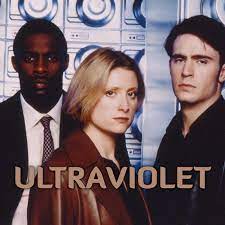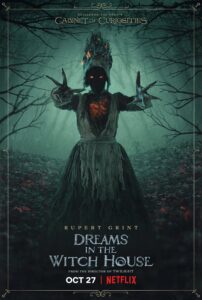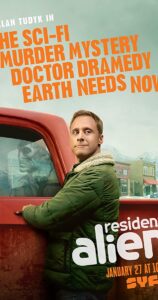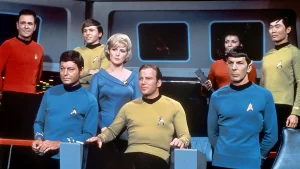.
Following the series of Doctor Who specials reuniting David Tennant edition of the timeless time lord and Catherin Tate’s Companion Donna, the newly bi-generated Doctor, Ncuti Gatwa, demonstrated his style and flair with the newest Christmas Special The Church on Ruby Road.
With Russel T. Davies return to the series the 4 specials debuting on Disney+, Disney really is trying to own all things ‘Geekdom,’ represent a return to form for the Doctor Who franchise.
With Doctor Who it is best to set aside any concerns about continuity and treat each special and episode as high fantasy rather than any variation of science-fiction.
The Doctor, drawn by a series of coincidences, encounters Ruby Sunday (Millie Gibson) a who with a deeply mysterious past, now plagued by goblins out to steal the foster baby left in her charge. Gatwa’s energy as The Doctor is fresh, spritely, and engaging. Gibson’s performance as Ruby is not plain or down-to-Earth but does have a color of real characterization that nicely counterbalances Gatwa’s manic energy.
Russel T. Davies writing remains fast but fairly straight-forward, eschewing the convoluted and nearly impossible to follow circuitous plots of the previous showrunner Chris Chibnall. At least with this Christmas special Davies has dispensed with world, galaxy, or universe saving plots in favor of a more relatable level of threat, monsters out to eat a baby. Doctor Who f the last few seasons has grown far too epic in its scope, proportions, and stakes and much like James Bond needed a radical correction.
It will be some time before we get the full season of the newest Doctor Who but for a change, I am actually looking forward to it.











